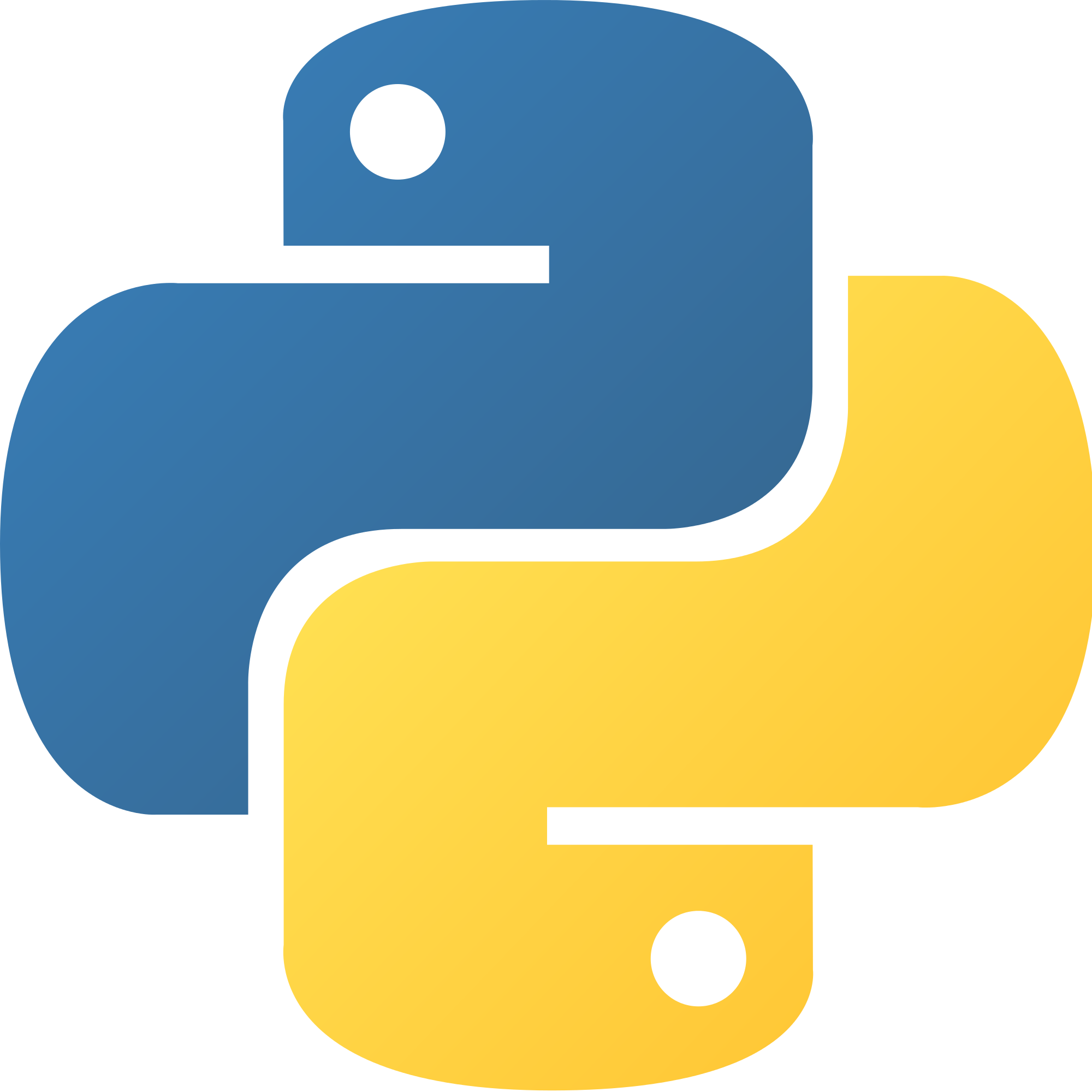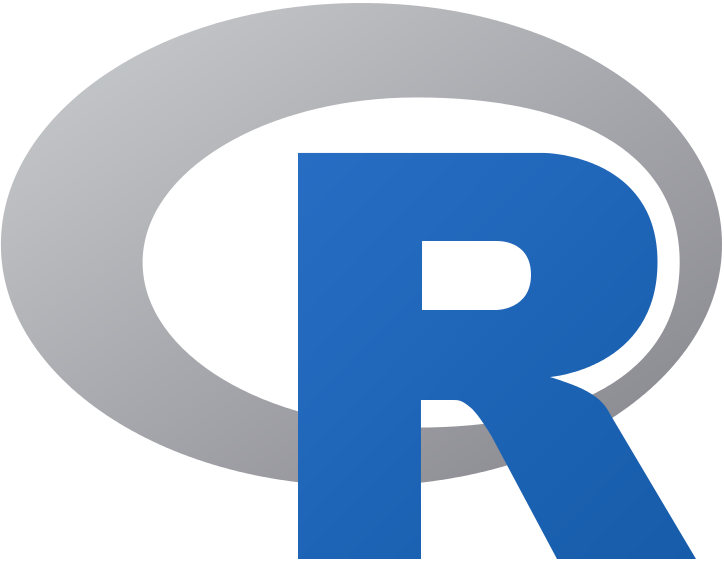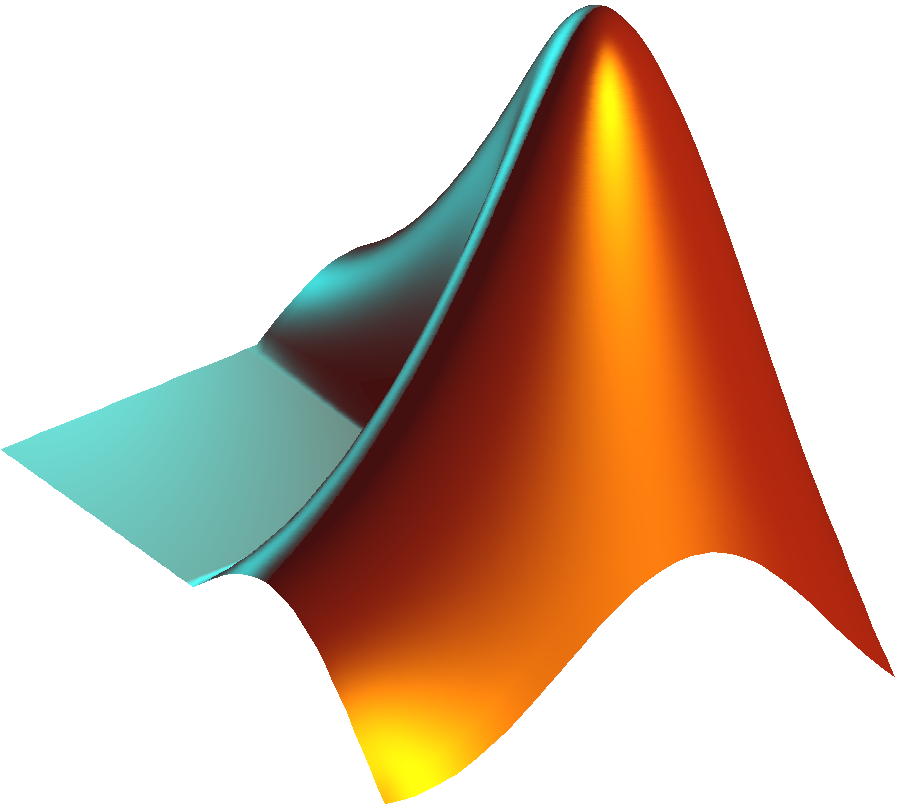About
An explorer at heart, growing up and living in Singapore, Germany, the UK, and the USA have shaped the way I view the world and the experiences I seek. When not coding, modeling data or styling pixels, you can find me hillwalking, riding my vintage bicycle or discovering new places to enjoy a cuppa.
May trained as a neuroimaging scientist and studied brain functions in health and disease. Her love for the interdisciplinary process of discovery and translating findings into data stories paved a natural transition to applying data science in a broader context. Throughout her experience working with different data types e.g. brain (time-frequency), climate, geo-spatial, as well as unstructured (text) data, May finds joy in weaving her research experience in integrating high dimensional neuroimaging analysis with machine learning and statistical tools to discover insights.
Find out more about the work she has done and the things she's interested in discovering.
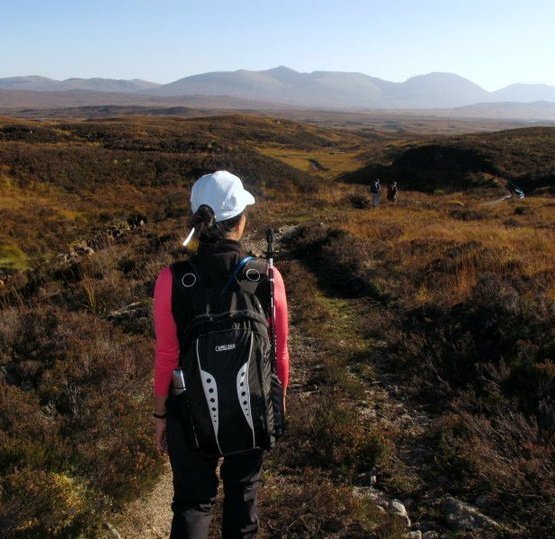

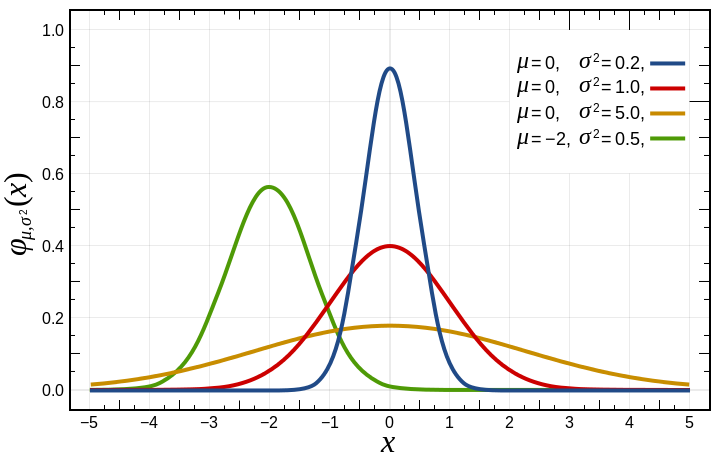
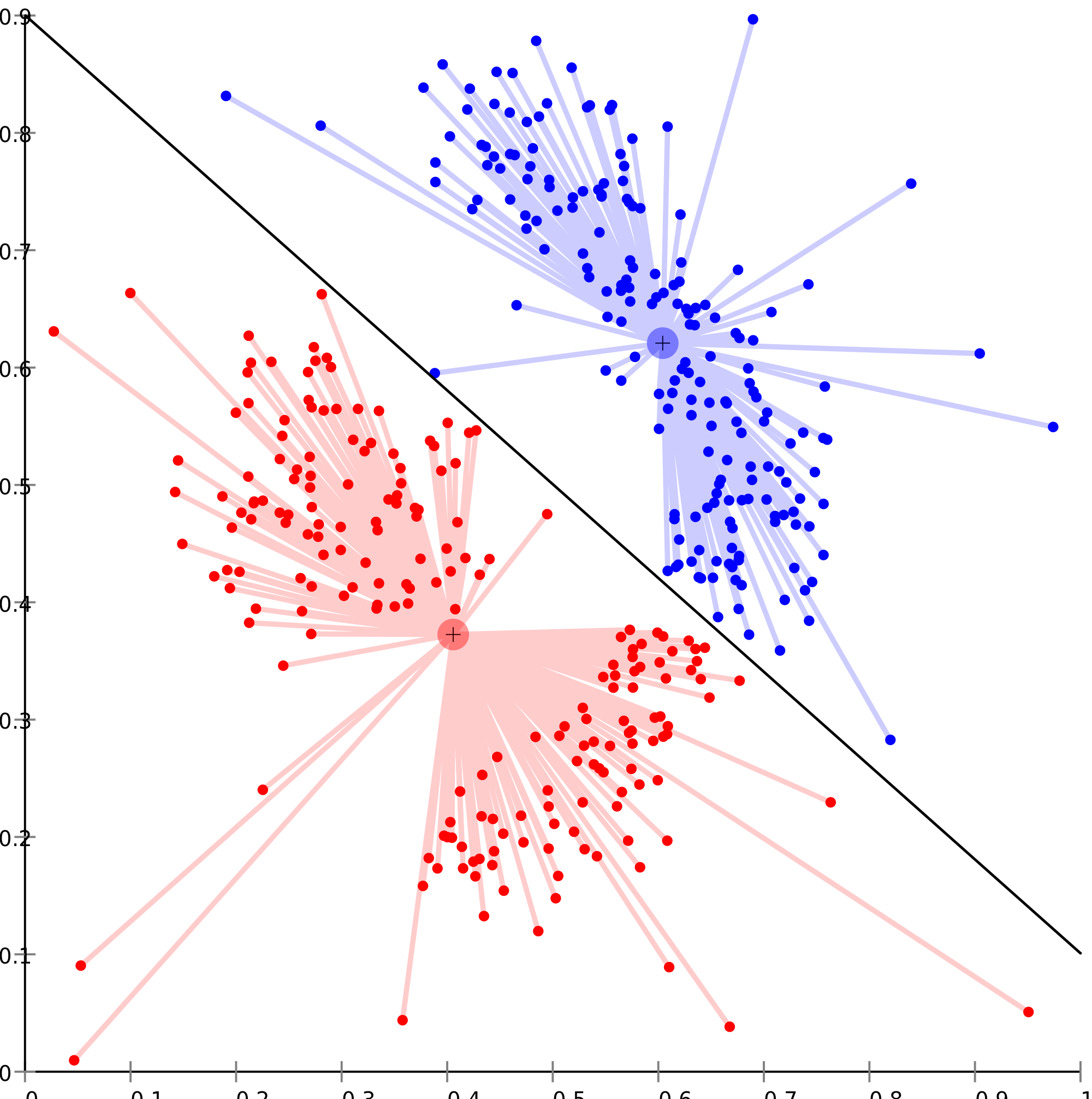
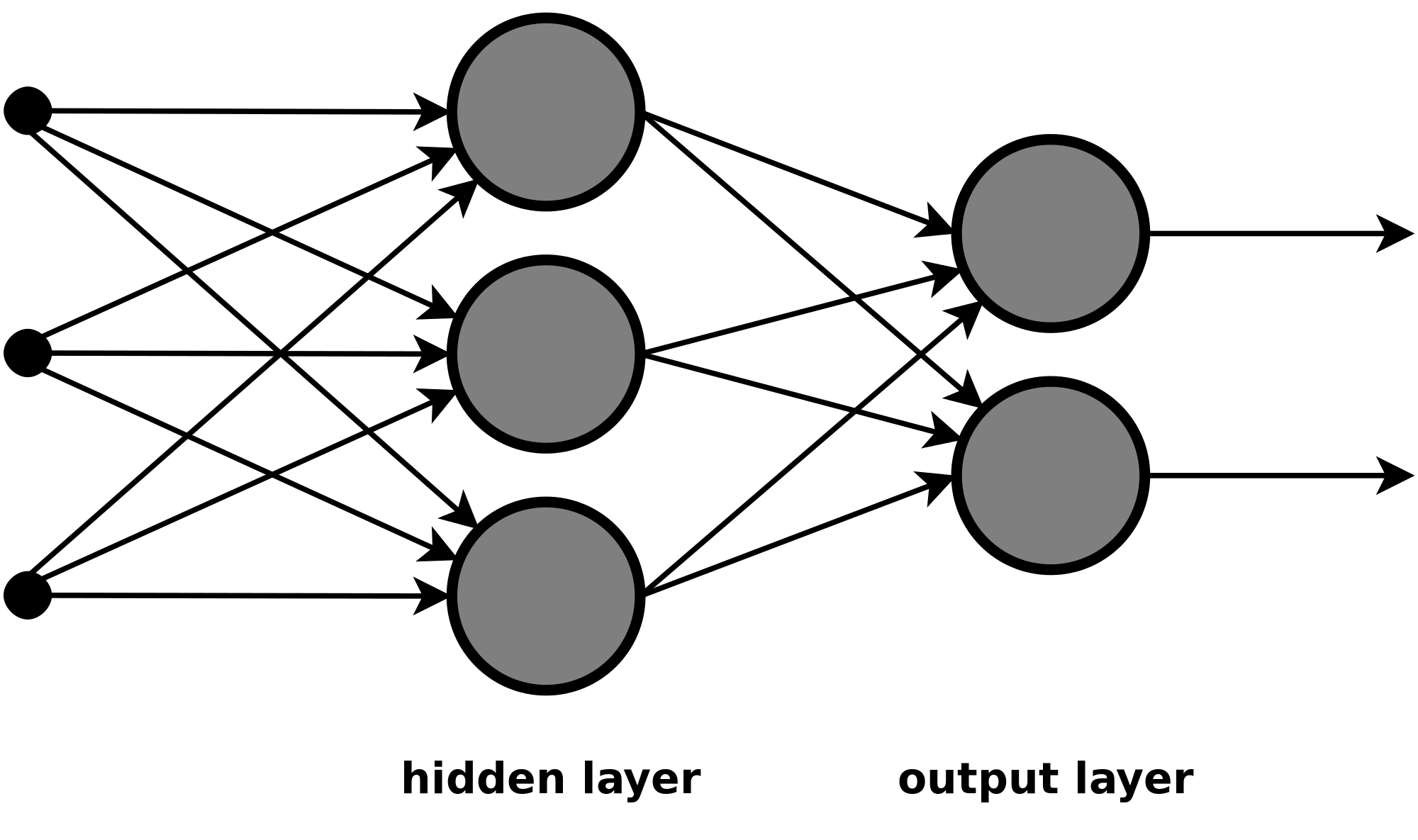
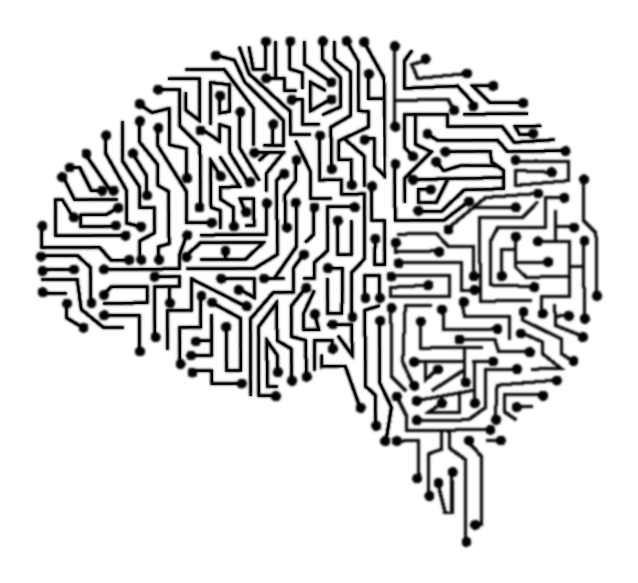


.svg.png)
